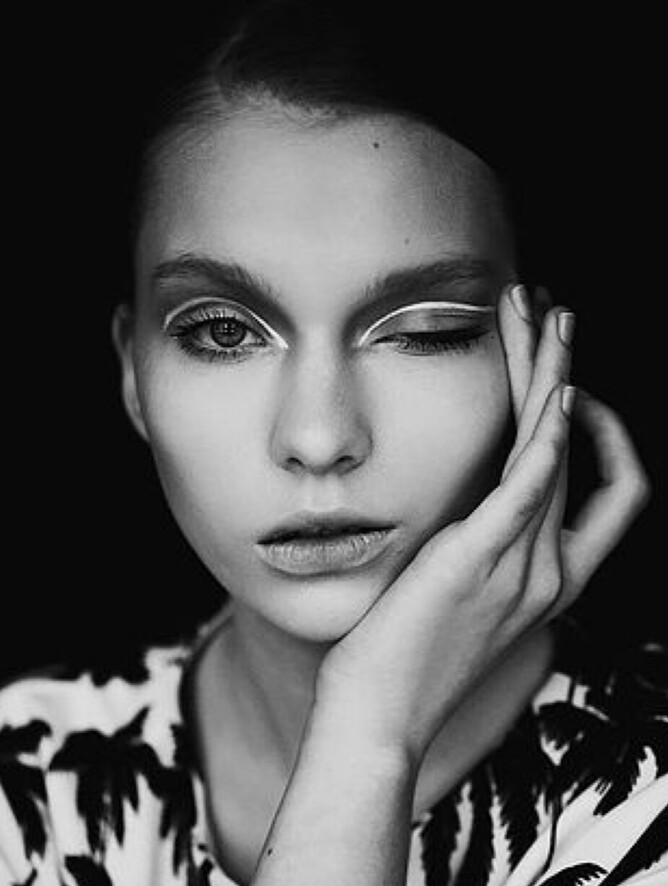How does Vitamin A benefit the skin?
If Vitamin C is considered skincare ingredient of the year then Vitamin A is the shining star.
Together they have been used as anti-ageing and acne management ingredients for over 50 years. Both ingredients have skin-boosting benefits, and they can work in synergy together. Vitamin A in skincare helps to stimulate collagen production while Vitamin C helps your skin cells synthesis the new collagen they produce, (its also great for uneven skin tone! You'll use your C in the morning & A, at night).
Both vitamins are antioxidants, which means they can reduce free radical damage and ageing caused by oxidative stress. Vitamin A can also help with oil regulation, acne, minimising pigmentation production and improving cell metabolism.
Now for the draw back; Vitamin A can cause sensitivity when you first start using it, and not all forms of Vitamin A are created equally. Here is everything you need to know about the different types of Vitamin A and how to incorporate it into your skincare routine.
Types of Vitamin A in skincare
The umbrella term for all forms of Vitamin A is retinoid, but the most common forms of retinoids you’ll find in skincare are retinol or retinal. They may have different names depending on their molecular structures, but most common forms of Vitamin A can be classified as a retinol or a retinal.
Retinols Retinals
Retinyl Retinaldehyde
Retinyl palmitate
Retinyl acetate
To understand what this all means, it helps to understand how Vitamin A works in the body. Certain foods (like carrots or orange-fleshed pumpkins) contain beta-carotenes which are converted to Vitamin A in the body. Simply put, when beta-carotene is ingested and converted into retinol, retinol converts into retinal, retinal is converted to make retinoic acid, and retinoic acid is the form that interacts with cell DNA to have an effect on your skin. When you use skin care products with retinol or retinal, you’re using derivatives of Vitamin A that convert into retinoic acid in your skin. You can sometimes get straight retinoic acid, these are very strong prescriptions often know as Roaccutane medication.
Which type of Vitamin A should I use?
Both retinol and retinal can help accelerate skin cell regeneration (cell turn over or skin metabolism as such) and collagen production to reduce fine lines, ageing, pore and blemishes etc. Both can also help regulate oil production in the skin. With any form of Vitamin A, there may be some risk of irritation when introducing it to your skin. This is where the delivery mechanisms take place. For example, Cosmedix range have their AGP-complex which is a slow release delivery method that helps to drip feed vitamin A into the skin to get maximum results with minimum irritation. Perfect for a sensitive skin.
So when embarking on the VitA journey ... ask one of our professionals their advise for you personally first. We have many different types of VitaminA serums & will prescribe the perfect one for you.
How should I use my vitamin A skincare?
When you first start using Vitamin A, you should introduce it slowly to avoid irritation. You can start with a serum that such as Aspect DR Exfol A, or Cosmedix Refine. But if you have sensitive skin, or if you’re prone to redness, you should start either Cosmedix Serum 16, Cosmedix Define or PCA Retinol treatment for sensitive skin. To start, apply your Vitamin A serum every other night and gradually move to every night as your skin gets used to it.
We recommend night-time use because it will not only allow the vitamin to take effect while you sleep but as Vitamin A can also increase sensitivity to sunlight, night-time use will reduce that but only if you take steps to protect your skin from UV radiation from the sun (which you should be doing anyway). When you first introduce Vitamin A, your skin may also go through a bit of a purge. There's more on that below.
How do I know if I’m purging or having a reaction?
Vitamin A increases your natural cell turnover, so when you first start using it, your skin may go through a sensitive phase while it purges dead cells and other build up. You may notice some mild redness and flaking, or even tiny pink pimples. This is normal within the first few weeks with Vitamin A, and it should clear up. If the redness, light flaking or pimples persist, or if you experience itchiness, stinging or more moderate flaking, stop using your Vitamin A and consult your beauty therapist.
Can I use skincare with Vitamin A while I’m pregnant?
Studies show that Vitamin A when taken orally can potentially have negative effects during times of pregnancy and breastfeeding. The affect of topical Vitamin such as those found in skincare is yet to be studied. For this reason we recommend popping your Vitamin A to the side during this time.



